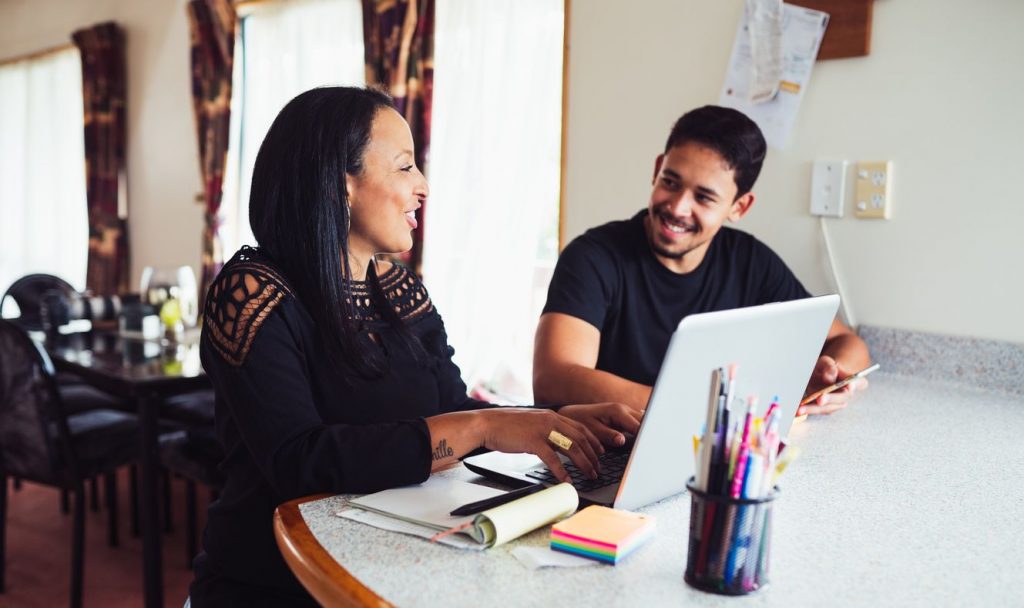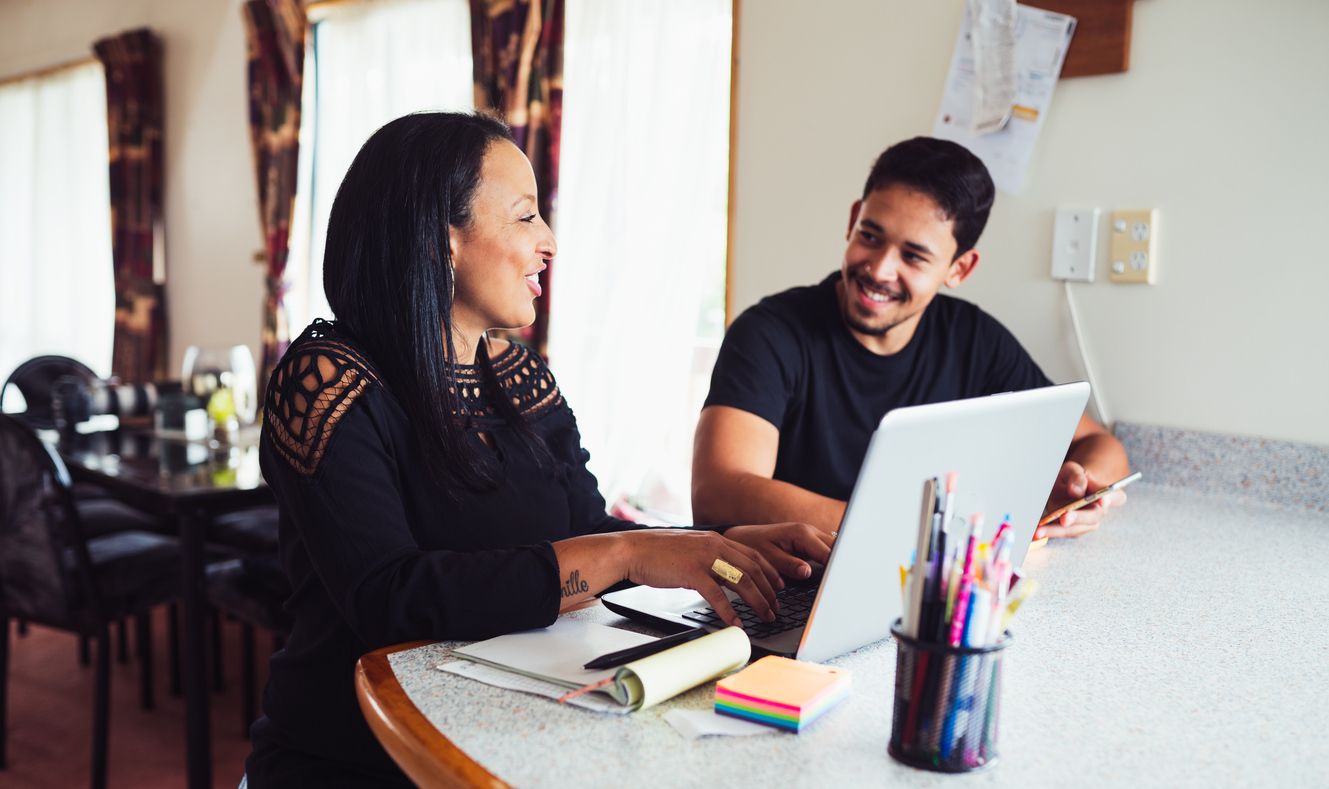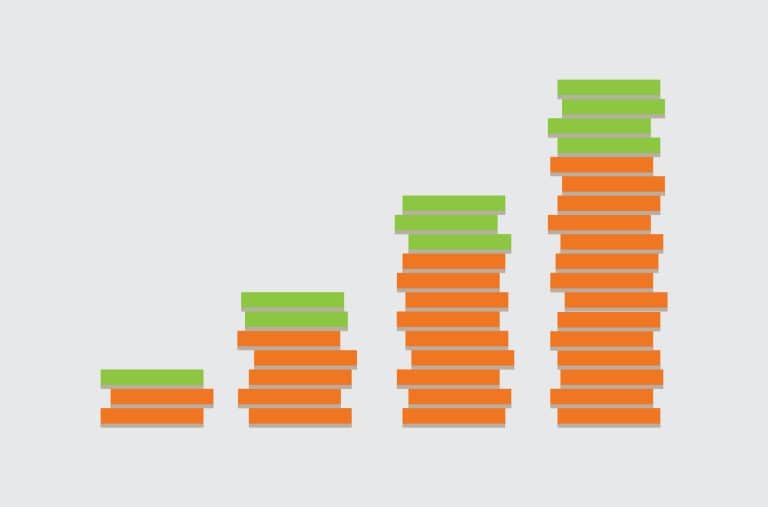New Zealanders have always had a love of property investment, and enjoy the buzz of listing and selling.
It’s not at all surprising, as the property market has been delivering excellent long-term returns. But is buying a rental property still a smart move?
Here are some pros and cons to help you make up your mind.

Cons
Capital Gains Tax
A capital gains tax has been considered a number of times over the years. But since the Tax Working Group recommended its introduction once again, it’s important to understand how it may affect you.
CGT may come into play within the next two to five years, and its consequences on the rental property market are a matter of debate among economists. Some, like Westpac chief economist Dominick Stephens, believe it would probably lead to lower house prices and higher rents. Others, like Peter Wilson from NZIER, think that house prices wouldn’t be significantly affected if landlords could pass on the tax to tenants.
Having said this, if you’re investing only for cash flow with no intention to sell, CGT may not be an issue. The important thing, in that case, is to secure a consistent income stream. But what if your situation changes and you actually need to sell the property? How would a capital gains tax affect your returns?
Negative gearing and ring-fencing taxation
Other law changes are on the cards and could potentially affect your rental property. We are talking about the proposed abolition of negative gearing by 2020.
As a property investor, you can make money in two ways: through capital appreciation and/or positive income returns.
Whilst you are building capital, one effective way of reducing your overall taxable income is ‘Negative gearing’. This happens when the cost of maintaining your property, coupled with the interest you pay on your loan, is more than the rental income you receive. In other words, your investment property is ‘negatively geared.’
At the moment, if you have a negatively geared property and have a loss on your investment, you may eligible for a tax deduction. But if proposed changes come into force (the ring-fencing of losses), this may soon no longer be possible – or the benefits diminished – so it’s something to think about.
If you have any questions, make sure you ask your accountant what you can or cannot do. It’s also worth remembering that negative-gearing only works if house prices rise steadily over time.
Income tax & the bright-line rule
Something else to consider is the bright-line property rule which is already in effect in New Zealand. If you sell a house within five years of buying it you must pay income tax on any gains, unless it’s your main home (or another exception applies).
So if you’re planning to flick it off within five years you’ll want to factor this into your costings.
Healthy Homes Bill phasing in
Of course, your rental property is an income-generating asset, but it’s also someone else’s home.
According to the new Healthy Home standards, private landlords have until 1 July 2021 to ensure their rental properties comply with the standards. Minimum requirements include heating, insulation and ventilation standards, so if you’re hunting for the right property to invest in, make sure you know what’s involved.
The overall cost of property ownership
As a landlord, there are additional property costs to consider. Ideally, rents should cover them, but this isn’t always the case. According to CoreLogic, between 2003 and 2017, the cost of property ownership grew 5% per year on average, but rent prices increased only by 4.4%.
These costs obviously include things like mortgages, Council rates, Insurance, maintenance, and property management – but also any losses of income due to tenants damaging the property or not paying rent.
Pros
Potential capital gains
Capital gains have always been the bread and butter of New Zealand property investors, and a great way for everyday Kiwis to grow their wealth.
Even with all the possible cons, the potential for capital gains still makes property investing a smart move.
Sure, the latest market peak may be behind us, but buying today can put you in a prime position to take advantage of the next cycle. Meanwhile, you can rent your property for as long as you want, and wait for the right time to sell it and cash in (with or without CGT).
Property or shares?
If you are more familiar with the property market than with other types of investments (e.g. shares), buying a rental property may be a great option.
Being a tangible asset, property value can be maintained and even improved through renovations – meaning you can have a lot more control on it than you have on other investment types.
Plus, a rental property usually provides a predictable cash flow, which you can use to pay off the mortgage over time and cover other expenses. Shares can generate good income streams, but they also bring greater volatility – so unless you are leaning towards a low-risk, low-return investment fund, property may still be a better option for you.
Of course, property values go up and down too, but don’t forget that property investment is a long-term wealth creation tool. And so far, it has proven to be an effective one.
LOOKING FOR A MORTGAGE OR THINKING OF INVESTING? WE’VE GOT EXPERTS IN BOTH.
Keen to make a move in the market? Whether you’re looking for a mortgage to purchase a rental property or see how you can build wealth through an investment portfolio, talk to a Cole Murray Adviser today. We can help you find the right wealth generation strategy for your needs.
Disclaimer: Please note that the content provided in this article is intended as an overview and as general information only. While care is taken to ensure accuracy and reliability, the information provided is subject to continuous change and may not reflect current development or address your situation. Before making any decisions based on the information provided in this article, please use your discretion and seek independent guidance.




